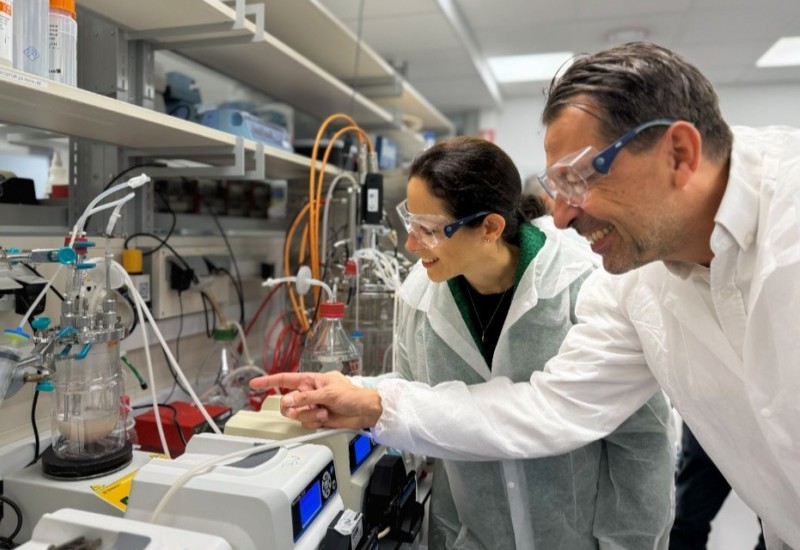BASF-YPC propionic acid plant starts
Production has begun at a second propionic acid plant at the BASF-YPC site in Nanjing, China. This has 30,000 tonnes/year of capacity, bringing the total at the site to 69,000. BASF-YPC is a joint venture between BASF and Sinopec. The expansion was driven by rising demand in China and the wider Asia-Pacific region.
Propionic acid is mainly used as a mould inhibitor for food and feed applications, where it is claimed to offer “strong economic and ecological benefits over preservation through drying or storage in air-tight silos” However, it is also widely used in the pharmaceuticals, crop protection agents, solvents and thermoplastics and these also drove the expansion, according to Vasilios Galanos, senior vice-president of BASF Intermediates Asia Pacific.
Separately, BASF has announced the patenting of a carbon-neutral process for methanol production. If this can be implemented at an industrial scale, the company said, the entire production process will generate no CO2 emissions. Methanol is widely used as a raw material for such key substances as formaldehyde, acetic acid and methylamines, plus methyl tert-butyl ether, methyl methacrylate, polyalcohols and silicones.
In the new technique, which has been validated in a study with Linde, the raw material syngas is made by partial oxidation of natural gas, rather than the established means that combines steam and autothermal reforming followed by catalysis. The subsequent synthesis and distillation steps to pure methanol are essentially unchanged.
The waste gas stream, which cannot be avoided, is incinerated with pure oxygen. The flue gas produced has a high CO2 content. This is scrubbed using BASF’s OASE process and can be returned for use in producing methanol. BASF aims to make the additional hydrogen required at this point by techniques that also avoid CO2 emissions.















